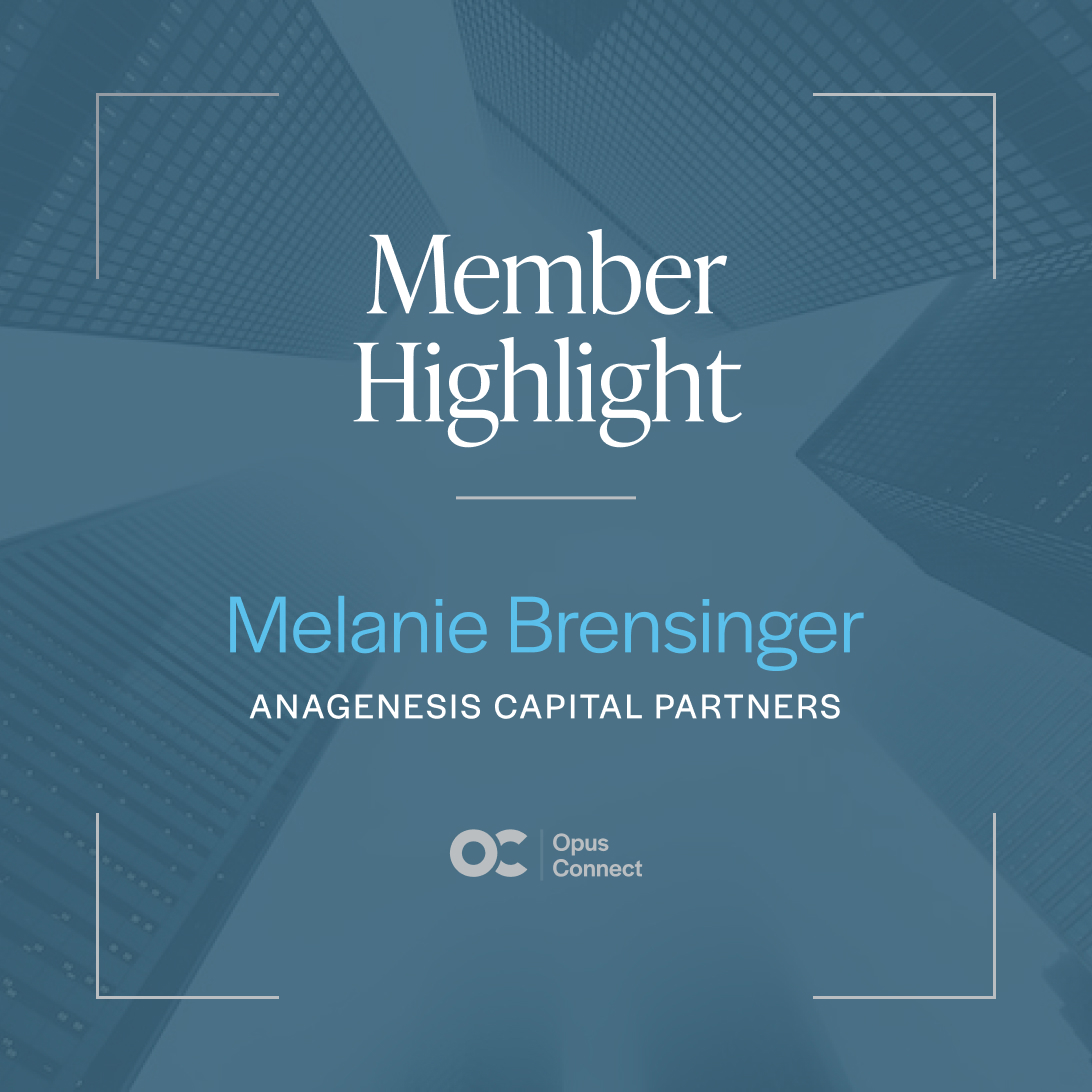
4 Ways Business Development Can Help M&A Professionals and Service Providers Survive a Recession
If you graduated before 2010, chances are you remember the Great Recession. Chris invested 3 years and hundreds of thousands of dollars into law school and graduated in 2008...








